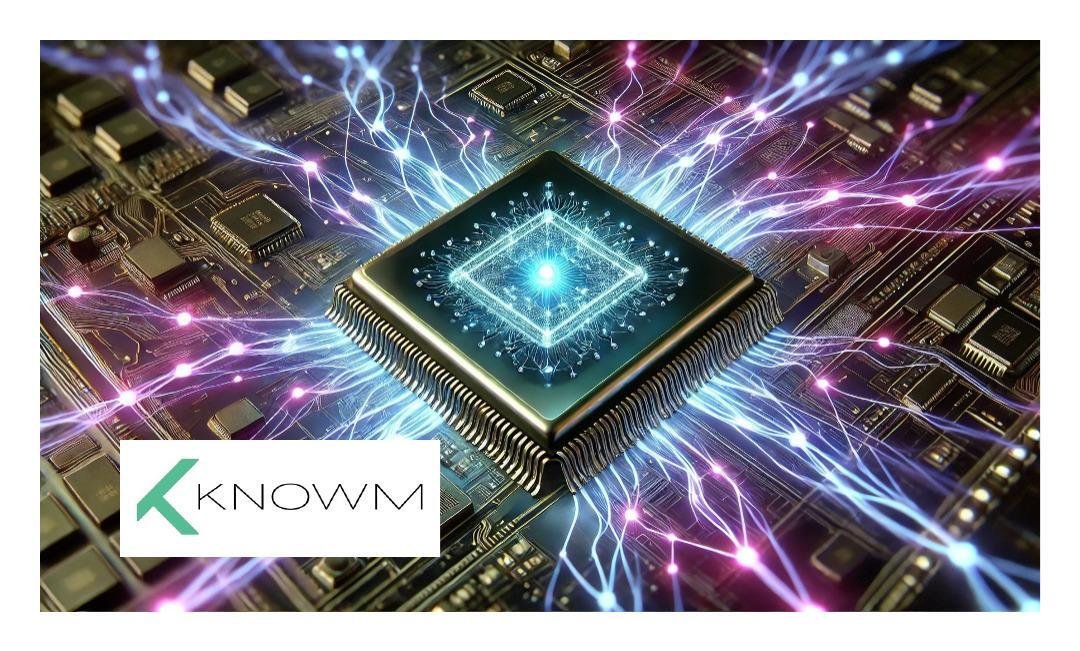Artificial Intelligence (AI) is transforming industries at an unprecedented rate, leading to a surge in patent filings for both AI-driven software applications and AI-specific hardware, such as AI chips. However, patenting AI innovations comes with significant legal and technical challenges that differ depending on whether the invention lies in software or hardware. Understanding these differences is crucial for innovators seeking robust intellectual property (IP) protection.
Patenting AI Software: The Challenges of Abstract Ideas
AI software primarily involves algorithms, machine learning models, and data processing techniques that power applications in industries like healthcare, finance, and autonomous systems. However, patenting AI software can be challenging due to subject matter eligibility concerns under 35 U.S.C. §101 in the United States. Courts and the U.S. Patent and Trademark Office (USPTO) often reject AI-related software claims as “abstract ideas” unless they demonstrate a significant technical improvement.
Key Challenges for AI Software Patents:
Subject Matter Eligibility: AI software must be framed as a practical application that improves computing processes, rather than merely reciting an algorithm.
Obviousness Issues (35 U.S.C. §103): Many AI techniques, such as neural networks and deep learning, are considered well-known, making it difficult to prove their novelty and non-obviousness.
Enablement & Written Description (35 U.S.C. §112): AI models are often complex and may require extensive disclosures to satisfy enablement requirements, especially if they rely on large datasets for training.
To enhance patent eligibility, AI software innovations should be claimed in a way that ties the invention to specific improvements in computing technology. For example, instead of claiming a general AI model, a patent application may focus on a unique method for optimizing training efficiency or reducing computational overhead in neural networks.
Patenting AI Hardware: Navigating Semiconductor and Processing Innovations
AI hardware encompasses specialized processors, such as AI chips, designed to accelerate AI computations. Unlike software, AI hardware inventions are generally considered patent-eligible because they involve tangible, physical components. AI chips, such as Graphics Processing Units (GPUs), Tensor Processing Units (TPUs), and neuromorphic processors, present unique opportunities for patent protection.
Key Considerations for AI Hardware Patents:
Patent Eligibility Advantage: AI hardware typically avoids the “abstract idea” hurdle since it involves a physical device, making it easier to secure patent protection.
Overcoming Obviousness: Many AI hardware innovations involve incremental improvements in semiconductor design, which can face §103 rejections. Demonstrating significant performance gains or novel architectures can help overcome these challenges.
Thermal Management and Power Efficiency: Many AI chips focus on energy efficiency and heat dissipation. Innovations in these areas may be strong candidates for patent protection due to their critical role in high-performance AI applications.
Interoperability and Standard-Essential Patents (SEPs): AI chips that integrate with existing computing architectures may be subject to standard-essential patent (SEP) considerations, requiring strategic licensing approaches.
Comparing AI Software and AI Hardware Patents





















